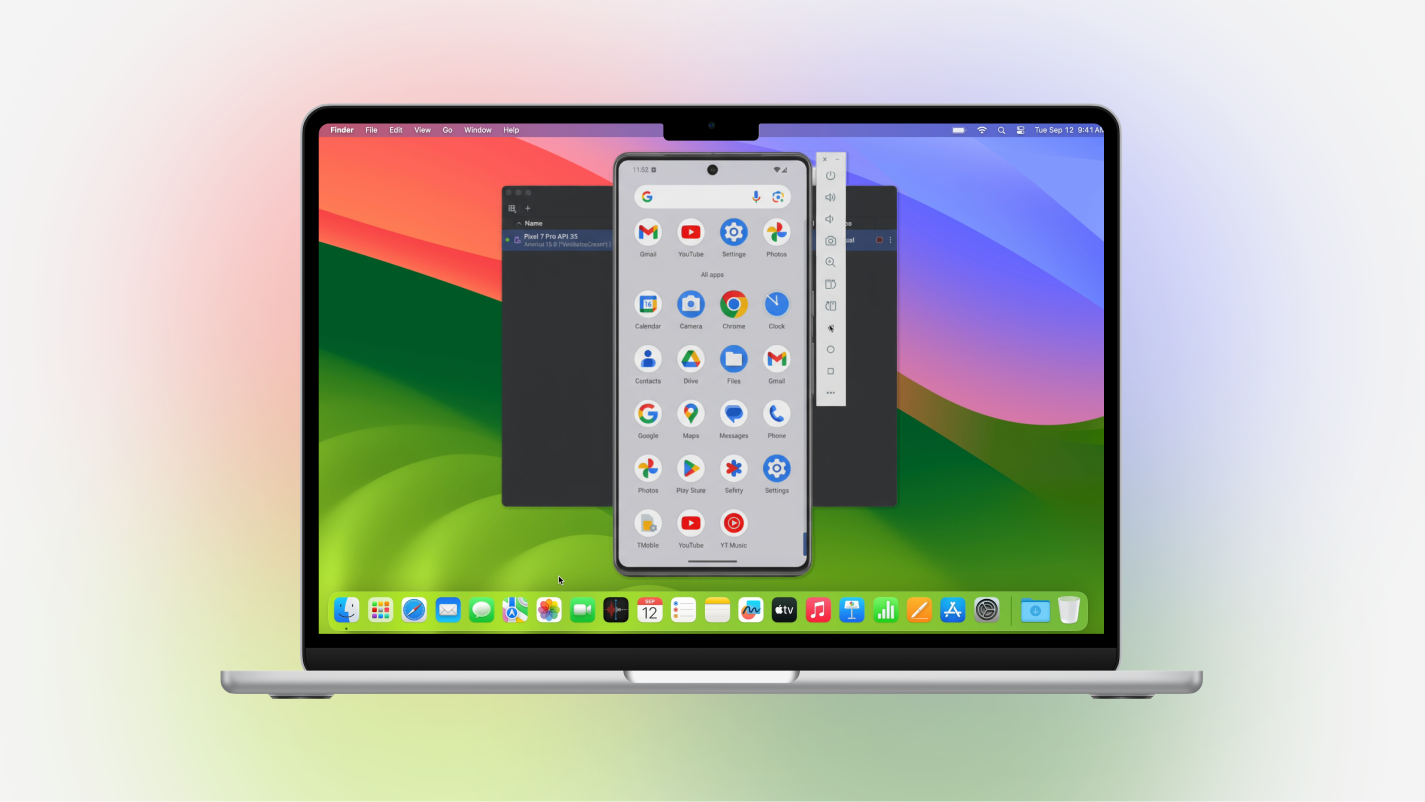In the current tech sphere every company tries to use cross platform tools to streamline their knowledge share across teams. TypeScript provides options like React for web, React Native for mobile, and Node for backend, enabling teams to share knowledge more efficiently by working in the same programming language.
However, in QA Automation this topic is like opening a can of worms. Selecting the right tools can be challenging, especially in mobile automation testing, where there are numerous tools and factors to consider. When choosing a mobile automation testing tool, it's essential to weigh several key aspects.
Language Flexibility
For mobile automation, the native tools available are XCTest/XCUITest for iOS and Espresso for Android. These tools are tailored to their respective operating systems, with XCTest/XCUITest using Swift or Objective-C for iOS and Espresso using Kotlin or Java for Android. This means an automation engineer would need to learn both languages and create two separate code bases for testing the same app on different operating systems.
Meanwhile, using a tool like Appium offers greater flexibility in language choice, supporting all major programming languages and working across all devices. With Appium, we can create a single code base that serves both operating systems, requiring knowledge of just one programming language.
In the end, it is more efficient to have someone who is an expert for example in JavaScript and is able to automate tests for both Operating Systems, and potentially Web as well, all while writing the most concise and efficient code. This approach saves time and avoids the complexity of mastering multiple languages.
Full End-to-End Testing
When it comes to end-to-end testing and having to deal with features of the App where you have to cover for usage of third-party apps used, there can be challenges. Appium supports this by allowing tests to navigate in and out of the app, open other apps, or access a browser if needed. However, specialized tools like Espresso for Android operate in isolation, focusing solely on the app that is being tested. This means that if a test requires verifying actions with a third-party service, Espresso cannot automate it.
Using Appium for automation can be frustrating at times. While native tools may seem like a simpler and more reliable choice, Appium does leverage native frameworks in the background. Like many cross-platform tools, Appium can be prone to flaky test results and unexpected errors. These issues, however, can be managed with experience, by understanding common error patterns, and by knowing how to address Appium's flakiness effectively.
No Mods Needed
The goal of automation testing is to closely replicate how a real user would interact with the app. By simulating real user behavior, we can identify issues a user might encounter. If a testing tool doesn’t allow us to simply access the app and begin testing, it ends up creating more challenges than it solves.
With native tools, this can become an issue. Developers often need to adjust the code by enabling specific flags, changing settings, or making modifications to ensure compatibility with tools like XCUITest or Espresso. These tools have particular requirements that must be met for testing to begin and function effectively.
On the other hand, Appium requires no additional setup from the development team to run properly. For iOS, you simply need the .ipa file (or the .app file for simulators), and for Android, the .apk file. Once you specify their locations, Appium installs them on the device, making them ready for testing immediately.
This approach also streamlines Continuous Integration, allowing you to build the app within the pipeline and directly deploy it to the device where automation tests are run from the server.
The Future
While every tool has its pros and cons, it is important for the software development team to make informed decisions to manage time effectively. When deciding on tools and languages we have to make sure that everyone is on the same page, and everyone can can contribute to the development process.
When the entire development tech stack is built using JS/TS frameworks and tools, it greatly benefits the QA team to use the same. Implementing a solution like WebDriverIO with Appium enhances collaboration across the team, allowing everyone to understand the testing process and track progress in a single, shared language.
The future looks promising, as new tools continue to emerge and existing ones evolve to meet the changing demands of development. Tools like Maestro show potential, and we can expect innovative newcomers to challenge the current standards, providing even more options for mobile app automation.
In Conclusion
When choosing a tool for mobile application testing, we thankfully have several options, yet Appium remains one of the most practical. Although Appium has its own set of challenges that can complicate development, it offers an accessible entry point into mobile automation testing. Additionally, it streamlines the entire automation process, making transitions from web to mobile testing smoother, as there’s no need to learn an entirely new programming language.
There are cases where native tools are often the best choice. For example where the product is exclusively iOS without any web component. In such scenarios, using native tools for automation makes the most sense. However, this is uncommon in the tech world, and only few QA engineers specialize in a single native testing tool.
Appium is a versatile solution for teams aiming to streamline mobile app testing across platforms. At Povio, we leverage tools like Appium to create efficient, scalable testing frameworks tailored to our clients' needs. Ready to enhance your app’s quality and streamline your testing? Contact us to get started!
Considering all these factors, Appium remains the preferred tool for testing native mobile apps. It supports various mobile frameworks (native, React Native, Flutter, etc.), allows for a single codebase to test everything, uses one shared language across the team and platforms, requires no extra setup from developers to prepare apps for testing, and has a large community for support. For now, Appium will continue to be the go-to tool until a new solution emerges to further simplify mobile automation testing for both seasoned and aspiring QA automation engineers.






